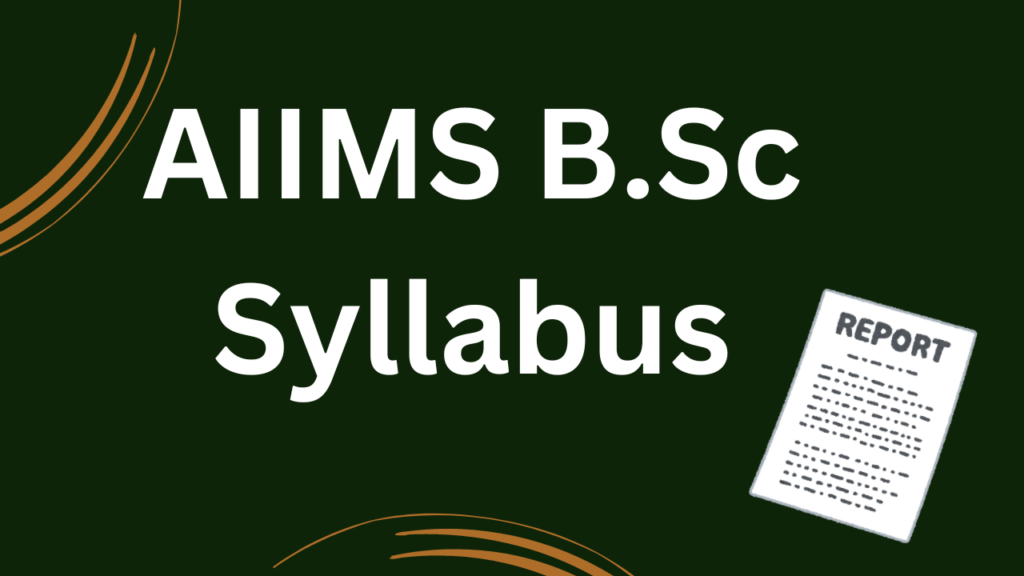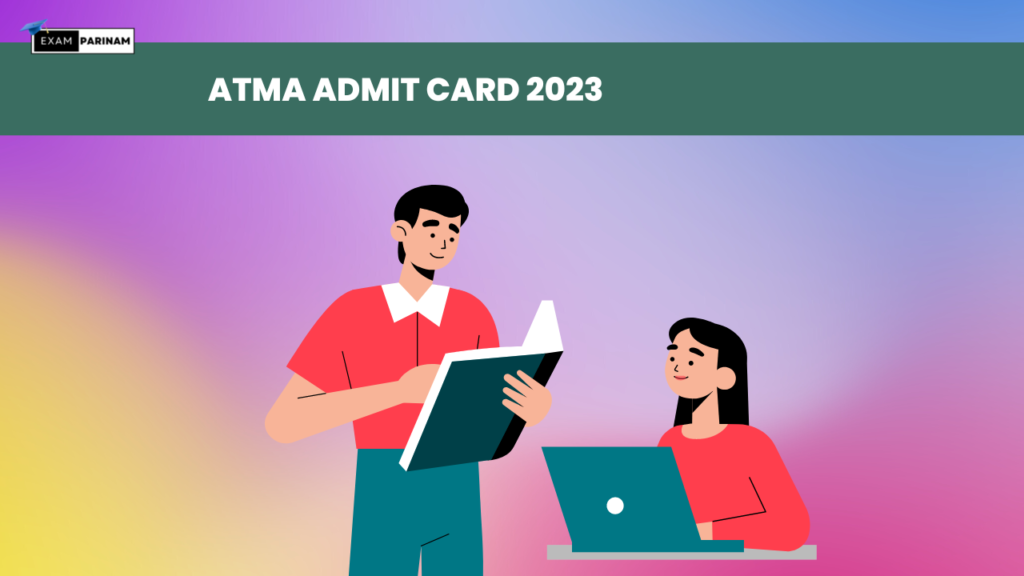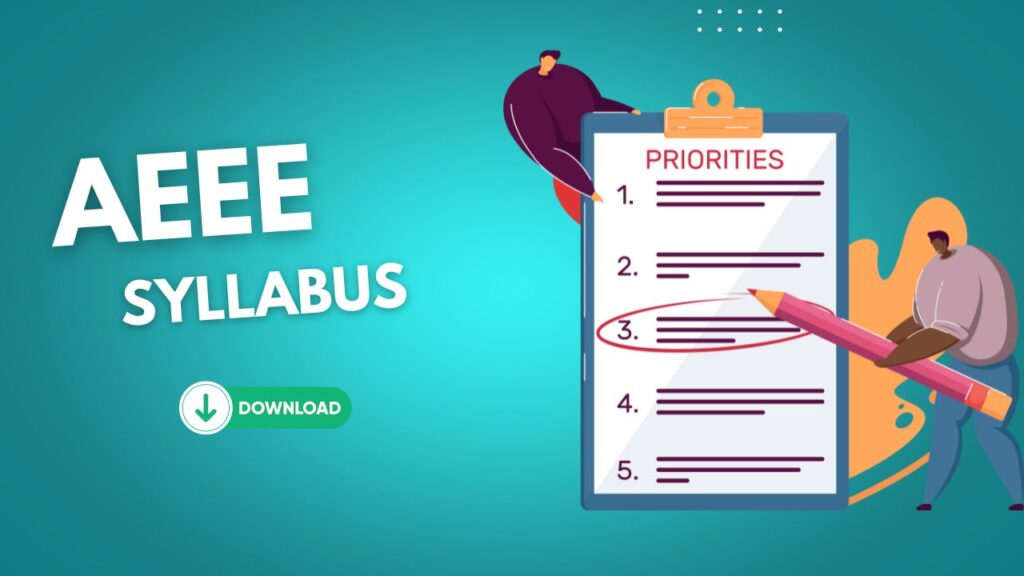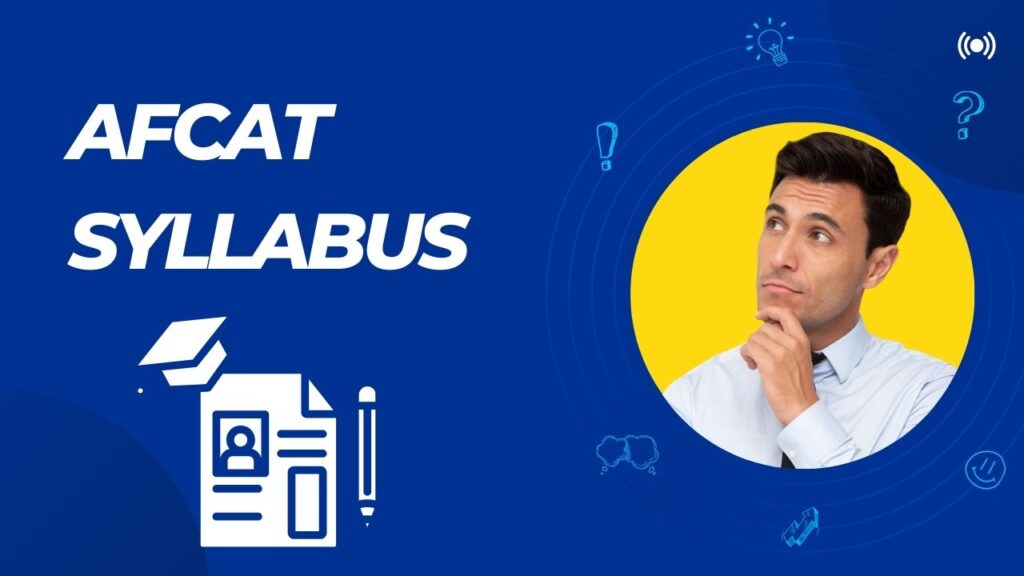AIIMS B.SC Syllabus
AIIMS B.Sc Syllabus: An In-Depth Guide to the Undergraduate Curriculum
Introduction to AIIMS B.Sc Programs
The goal of the AIIMS B.Sc. (Bachelor of scientific) programs is to provide students a thorough education in a range of medical scientific subjects. The renowned All India Institute of Medical Sciences (AIIMS) offers these programs, which include subjects including radiography, medical technology, and nursing, among others. Prospective candidates must comprehend the AIIMS B.Sc. curriculum in order to successfully study for and do well on their exams.
Overview of AIIMS B.Sc Exam Structure
The AIIMS B.Sc. entrance exams are designed to test candidates’ knowledge and skills in a number of topics that are important to their chosen field. Multiple-choice questions (MCQs) are a common part of exams, which are meant to test both academic knowledge and practical skills. Each program’s course outline is a little different, but they all cover basic topics like Physics, Chemistry, Biology, and general information.
Detailed Breakdown of AIIMS B.Sc Syllabus
1. Nursing
The AIIMS B.Sc Nursing syllabus encompasses a broad range of topics to ensure a well-rounded education in nursing science. Key areas include:
- Anatomy and Physiology: Structure and function of the human body, including systems such as cardiovascular, respiratory, and musculoskeletal.
- Microbiology: Study of microorganisms, their role in health and disease, and infection control.
- Fundamentals of Nursing: Basic nursing skills, patient care, and clinical practices.
- Nutrition: Principles of nutrition, dietary needs, and nutritional assessment.
- Mental Health Nursing: Concepts of mental health, psychiatric disorders, and therapeutic communication.
- Community Health Nursing: Public health principles, epidemiology, and community health practices.
- Medical-Surgical Nursing: Care of patients with acute and chronic illnesses, surgical procedures, and post-operative care.
2. Medical Technology
For those pursuing a B.Sc in Medical Technology, the syllabus covers technical and scientific aspects related to medical diagnostics and treatments:
- Human Anatomy and Physiology: Detailed study of the human body’s systems and their functions.
- Medical Biochemistry: Chemical processes and substances in living organisms, including metabolic pathways and biochemical tests.
- Medical Microbiology: Pathogenic microorganisms, their identification, and their impact on human health.
- Clinical Pathology: Laboratory techniques for the diagnosis of diseases, including blood tests and other diagnostic procedures.
- Radiological Technology: Principles and practices of radiographic imaging, including X-rays, CT scans, and MRI.
- Instrumentation and Maintenance: Operation and maintenance of medical instruments and technology.
3. Radiography
The AIIMS B.Sc Radiography syllabus focuses on imaging techniques and their applications in medical diagnosis:
- Radiographic Anatomy: Understanding of anatomical structures and their appearance in radiographic images.
- Radiographic Physics: Principles of radiation physics, including X-ray production and radiation safety.
- Radiographic Techniques: Techniques for obtaining diagnostic radiographs, including positioning and image acquisition.
- Contrast Media: Use of contrast agents to enhance imaging studies and their effects on the body.
- Patient Care in Radiography: Management of patients during radiographic procedures, including comfort and safety.
- Radiation Protection: Measures to protect patients and healthcare workers from unnecessary radiation exposure.
Preparation Tips for AIIMS B.Sc Entrance Exams
- Thoroughly Review the Syllabus: Understand the topics covered and focus on areas where you need improvement.
- Use Standard Textbooks: Refer to recommended textbooks and study materials that align with the AIIMS B.Sc syllabus.
- Practice Past Papers: Solve previous years’ question papers to familiarize yourself with the exam pattern and question types.
- Join Study Groups: Engage with peers and join study groups to discuss and clarify difficult concepts.
- Seek Guidance: If needed, consider enrolling in coaching classes or seek guidance from mentors who can help with exam preparation.
Conclusion
The AIIMS B.Sc. curriculum is carefully planned to give students the information and skills they need to do well in a variety of medical areas. Students can improve their planning and chances of passing the entrance tests by following an organised study plan and fully understanding the course outline. This all-around method will not only help you get into the B.Sc. programs at AIIMS, but it will also set you up for a great job in the medical sciences.









